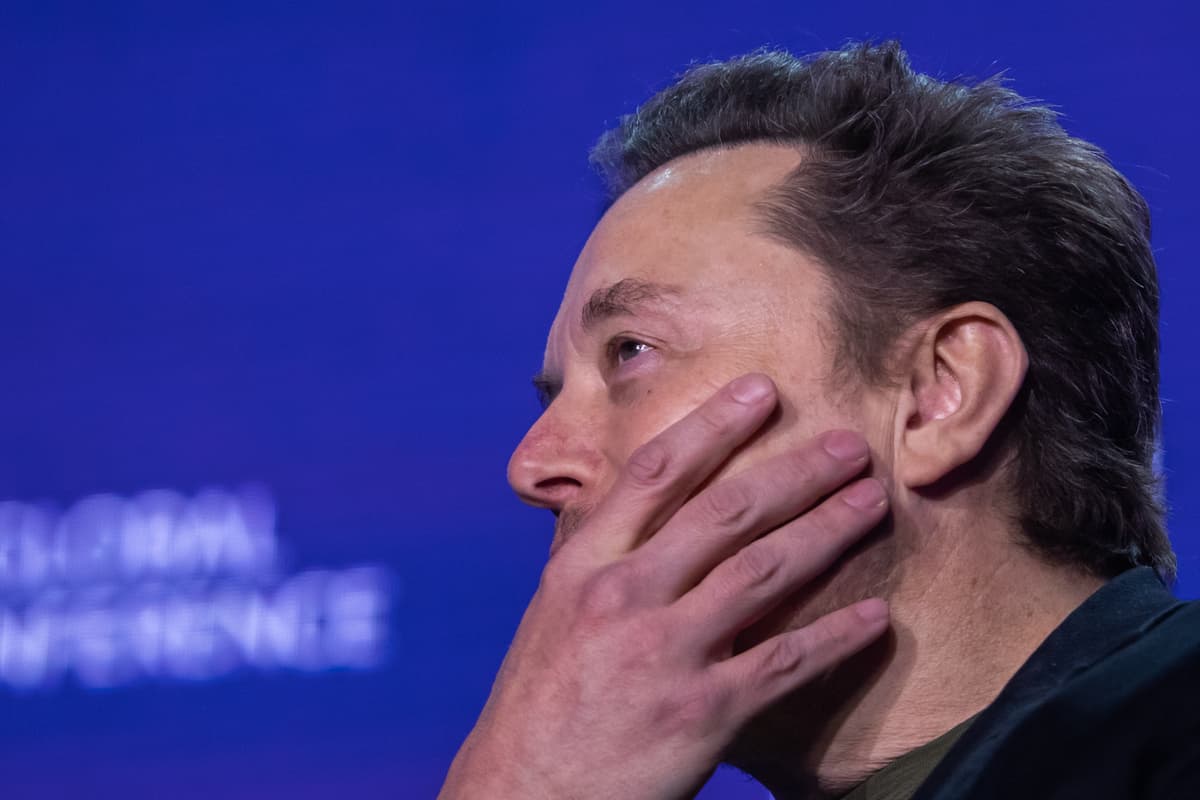How Elon Musk’s Anti-Labor Crusade Could Unleash Chaos on Corporations
A ruling gutting the National Labor Relations Act would push cases into the courts.

Billionaire Elon Musk’s crusade against the National Labor Relations Board, an institution long criticized by conservative legal theorists, could backfire on employers.
Mr. Musk’s Space ExplorationTechnology Corporation, more commonly known as SpaceX, appears poised to win a case in the Southern District of Texas against the National Labor Relations Board, with a ruling expected in months if not weeks.
In the case, Mr. Musk’s company argued that judges at the NLRB were unconstitutionally insulated from the power of the president and, as a result of this, proceedings they preside over are unconstitutional as well.
The Constitution provides for the appointment and removal of officers of America by the president. However, while members of the board itself are appointed by the president, administrative law judges are appointed by the board, giving them a layer of insulation from the president and the political pressures of that office.
These judges, once appointed, also enjoy special protections that prevent them from being removed except for in certain circumstances, a provision also aimed at insulating them from potential political pressures.
While the court could rule more narrowly in favor of adjusting the appointment or removal of administrative judges, the judge overseeing the case, Rolando Olvera, appears to be aiming at a more maximalist ruling.
“There is no appropriate way to sever any of the removal protections to remedy the constitutional problems with the NLRB’s structure,” Judge Olvera wrote in a filing.
Such a ruling would likely result in an appeal from the NLRB, which would go to the conservative Fifth Circuit and potentially the Supreme Court.
At the Supreme Court, the case would be a sort of successor to 2023’s Securities and Exchange Commission v. Jarkesy, in which the Court’s narrow majority ruled that the SEC’s in-house adjudications of fraud actions were unconstitutional.
The ruling was relatively narrow. However, Justices Gorsuch and Thomas advocated in a concurring opinion for a broader ruling that would send more administrative proceedings into Article III courts. Mr. Musk’s case against the NLRB could be the case where the Court gets an opportunity to enact such a broader ruling.
Such a ruling could result in all NLRB cases — or potentially all administrative law cases — being adjudicated by the courts. Conservative legal theorists, like professor Philip Hamburger, have advocated for this outcome by arguing that administrative law proceedings are unconstitutional.
While this is an outcome long sought by opponents of the “administrative state,” the Center for Labor and Employment Law
Director at New York University, Samuel Estreicher, says such a decision could backfire, especially for employers.
“If Justice Thomas and Justice Gorsuch — if their views prevail — we’re going to have to go to a jury trial with all these cases,” Mr. Estreicher tells the Sun. “In some states employers are going to regret their victory.”
According to Mr. Estreicher, who once served as counsel at Morgan Lewis, the firm managing the case for SpaceX, adjudicating labor dispute in courts would create a whole host of problems for employers.
“They are going to rue the day, because the union or the NLRB will pick the district court they have the most favorable haven in,” Mr. Estreicher says. “These companies have nationwide operations so they can be sued anywhere.”
Rulings in these cases, or even temporary measures the court implements while a case is heard, would also have broad consequences for businesses based on the jurisdiction of the court.
Mr. Estreicher also noted that in cases that though not all cases would be tried before a jury, juries are more sympathetic to employees than to employers.
These issues would come in addition to other widely reported complications from adjudicating cases currently handled by the NLRD in Article III courts, like backlog in the courts, and the discrepancy of resources that an employer and employee can dedicate to litigation.
“Some people must think this would be a good thing for employers, I don’t,” Mr. Estreicher says, noting that juries are unpredictable. “It’s a disaster for all parties.”
“The courts themselves will rue it,” Mr. Estreicher concluded, noting that many of the cases currently handled by the NLRB involve simple questions of fact – ‘who did what to whom, when, and who else was there’.”

